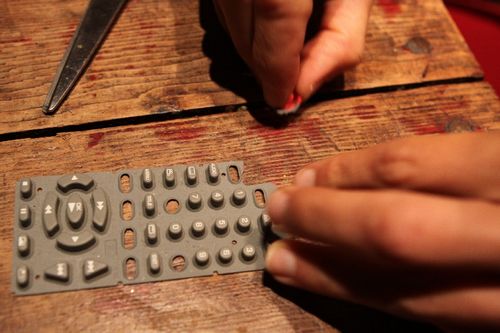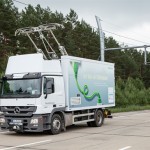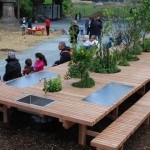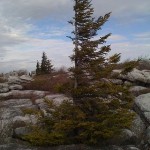MicroTrac is a small scale, walk-behind version of LifeTrac.
Los Grumildos in NYC
Los Grumildos, the low-tech mechanical puppets by Ety Fefer, are coming to the US for the first time. July 28 – August 2 in New York City.
Antivirus Software Sucks
And:
“It’s not just AV software. The entire software industry operates this way.
1. Shovel feature-rich bug-ware onto unsuspecting schlubs to build “brand”
(especially in the enterprise/IT market where the person purchasing the
software is often not the person who has to use it, so they make
decisions based on feature list and brand name rather than quality)
2. Wait for hobbyists, researchers, or smaller companies to figure out how to do it right
3. Buy their companies
4. Repeat”
Quoted from the discussion at Slashdot.
A Low-tech Trick to Eliminate Standby Power Consumption
Standby power use is the electricity consumed by appliances and other equipment when they are switched off or not performing their primary purpose. It is responsible for 3 to 12 percent of residential electricity use worldwide (source, pdf). Freelance journalist Robert Buzink has a low-tech solution for this – all you need is a pair of scissors and a screwdriver. The text is in Dutch but the pictures speak for themselves.
Seasteading: Floating Utopias
“As the earth’s population steadily increases, so does the pressure to open new frontiers. While the oceans have long been used for transportation, this book is an extended thought experiment about how they could support permanent settlements. Considering these issues will be invaluable no matter which way humanity next expands. In particular, the ocean bears some definite similarities to space: the final frontier, which will surely be an important part of our near future.”
Intro page / Book / Contest / Wired article. Related: the Venus Project.






